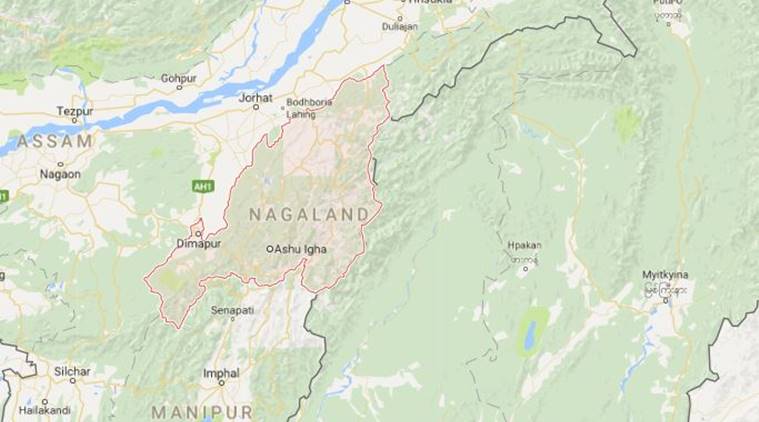
The Naga Hoho has also warned the state government that it should not be later held responsible for any “adverse effect” in the future.
Election to the urban local bodies in Nagaland, including the Kohima Municipal Council, slated for February 1 is heading towards uncertainty with tribal bodies in the state including the Naga Hoho calling a boycott to oppose 33 per cent reservation for women. And as the process began on Tuesday, only a few nomination forms have been picked up. The tribal bodies including the Naga Hoho – the apex body or all 18 tribes of the hill state – have contended that granting 33 per cent reservation for women would infringe on Naga customary laws and tradition as protected under Article 371(A) of the Constitution of India. The Naga Hoho has also warned the state government that it should not be later held responsible for any “adverse effect” in the future. The elections were notified on December 21 and the process for filing nominations has begun.
Article 371(A) inserted in the Constitution when Nagaland state was created in 1963, provides “special provision” saying “Notwithstanding anything in this Constitution, (a) no Act of Parliament in respect of (i) religious or social practices of the Nagas, (ii) Naga customary law and procedure, (iii) administration of civil and criminal justice involving decisions according to Naga customary law, (iv) ownership and transfer of land and its resources, shall apply to the State of Nagaland unless the Legislative Assembly of Nagaland by a resolution so decides.”
The state government however has reiterated that 33 per cent reservation for women did not amount to infringing upon Naga customary law and tradition, because the very concept of urban bodies was new. “Towns and municipalities are ne concepts and have nothing to do with tradition and customary practices of the Nagas,” the state cabinet which met in Dimapur on Tuesday evening, said. The “process of election to the ULBs as notified should be completed,” a cabinet resolution said.
Election to the urban local bodies including the Kohima Municipal Council has not been held since Articole 243(T) of the Constitution came into force in 1993, with constant opposition from the Naga Hoho and other tribal bodies. The Hoho and other bodies have recalled a resolution of the Nagaland state assembly of September 22, 2012, which too had opposed reservation for women in civic bodies.
Though the Nagaland state Assembly does not have a single woman member, the government had in November 2015 introduced and passed Nagaland Municipal (Third Amendment) Bill 2016, which revoked the September 2012 resolution and set the ball rolling for women reservation in the civic bodies. While the Naga Hoho and other tribal bodies started opposing it, chief minister TR Zeliang said Article 243(T), which has been in force for over two decades, had not infringed upon any Naga tradition and customary law so far.
“We had already provided 25 per cent for women quota in the Village Development Boards. (Moreover) non-holding of urban bodies’ elections in the last 10 years has had adverse effects on the towns and municipalities in matters of development and local self governance, and to further keep the elections in abeyance would do more harm than good to these urban local bodies,” a government statement quoting Tuesday’s cabinet meeting said.
The Naga Mothers’ Association (NMA), which has been spearheading the movement for granting reservation to women on the other hand said 33% reservation for women in Urban Local Bodies elections “only aims to translate to full fruition the very idea of gender equity under the Naga Customary Law. The Constitution of India does not infringe upon the social practices of the Nagas,” it said.
Asserting that “women are not second to men in Naga society” and letting women have a say in decision-making “is an irrefutable part of Naga Customary Law”, the NMA has reiterated that women reservation was an “essential ingredient of gender equity” in customary law. According to this custom of gender equity, “Naga men and women shall have to share the sector on 50/50 basis,” it recently said.
The NMA, during its long struggle for 33 per cent reservation, has been of the view that over the years “only the men spoke, the men’s voices were heard and the men decided against women reservation, all in the name of upholding the Naga custom of gender equity and Article 371A(1)(a).” The 33 per cent reservation, it stated, would give a “fillip to the realisation of gender equity under the customs of Nagas into a workable reality, which has been missing for all these decades.”
Source: Indian Express



